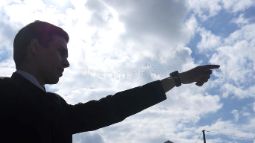
Stop LEADING, Start FOLLOWING! Or: The Leader Who Pointed A Finger…
(10 min read)

André Habisch, a distinguished academic and expert in Christian Social Ethics and Social Policy, joins us for a captivating conversation. Exploring the cultural and institutional embeddedness of entrepreneurship, we delve into the history of post-war Germany and the remarkable success of the German Chambers of Commerce and their vocational apprenticeship model. André's profound practical and theoretical insights offer a fresh perspective on entrepreneurship's contribution to public welfare and the responsibilities it entails. We also explore the significance of practical wisdom in leadership development and the role of religion and spirituality in leading a "good life." Join us for a thought-provoking discussion on ethical entrepreneurship, the role of institutions, and the complexities of moral education in a diverse and pluralistic society.
Jump to
Why is the interview important? Who are we talking to?

ANDRÉ HABISCH
Ourdecision to engage André in conversation stemmed from his remarkable abilityto bridge the realms of theology and business ethics with the broader landscape of socio-economic institutions and practical entrepreneurship, as well as leadership.Unlike some of our prior interviewees who focused predominantly on a single aspect - either on the individual striving for a good life, or on thecritique and reform of modern businesses based on Catholic Social Teaching (CST) or (virtue) ethics, or on the ethical challenges of contemporary market structures, André offers a distinctively systemic perspective.He provides a multi-level and dynamic analysis, researching both the emergence of "responsible entrepreneurs" within a particularsocio-historical andinstitutional-political context, as well as their individual development in the realm of modern entrepreneurship teaching.
For our interview, we were particularly intrigued byAndré's in-depth exploration of Germany's ordoliberal social market economy and the evolution of mediating associations like chambers of commerce, which served as pivotal forces in nurturing responsible entrepreneurship. On the one hand, this also opened up a wider investigation into the relevance of "social institutions" and institutional theory, which would later bring us to Bhaskar's Realist Social Theory, Gidden's Structuration Theory and Archer's Morphogenesis. On the other hand, it posed new questions about the role of the State vis-a-visindustry self-regulation (ISR) in fostering ethical change.
Furthermore,akin to our dialogue with Luigino Bruni, we were eager to explore the role of religion and spirituality in fostering "good organisations". From an empirical perspective, our goal was to uncover relevant practices within the realm of "Catholic entrepreneurship." On a theoretical front, we wanted to delve deeper into the question of whether moral norms can harmoniously coexist with modern value pluralism in a diverse modern society.Lastly,we sought to delve into the concept and significance of practical wisdomin shaping ethical leadership and entrepreneurship,along with the methodologies and educational approaches to teach it within a university setting. André's expertise in this area promised a rich and enlightening discussion, and links to some of the themes in our dialogue with Scott Parsons.
André Habisch, born on August 3, 1963, is a distinguished scholar in the fields of Christian Social Ethics and Social Policy. He graduated in Theology from the University of Tübingen in 1988, followed by a Diploma in Economics from the Free University of Berlin in 1992. He earned his Ph.D. from the University of Tübingen in 1993 and habilitated at the University of Würzburg in 1998. Since 1998, he holds the position of Professor of Christian Social Ethics and Social Policy at the Faculty of Economic Sciences of the Catholic University of Eichstätt-Ingolstadt.
André's research is centered on sustainable management, corporate social responsibility (CSR), practical wisdom in management, and the application of Christian Social Ethics in business practices. Over the course of his extensive academic career, André Habisch has established himself as a prolific author, contributing significantly to the field. His impressive body of work includes influential publications such as the "Corporate Citizenship Handbook: Corporate Social Responsibility for Managers" and "The German Chambers of Commerce and Industry." His scholarly contributions have significantly enhanced the understanding of sustainable business practices, the ethical aspects of corporate decision-making, and the incorporation of Christian values into the business landscape.
Additionally, André Habisch has actively collaborated with the German Bundestag as Expert Member in various Enquiry Commissions, from 1999 to 2002 and later from 2010 to 2013, translating his theoretical insights into practical applications. He also served as the Associate Research Director of the Academy Business in Society in Brussels between 2009 and 2016, and as the academic advisor to the German Federation of Catholic Entrepreneurs, further extending his influence in the realms of ethics, economics, and business. As a founding member of the Practical Wisdom Society, André is committed to a vision of society where entrepreneurial endeavors contribute to public welfare and development. He advocates for a new generation of ethical leaders who possess a deep understanding of their social and societal surroundings and recognize their inherent responsibilities to contribute to public welfare and development.
Exploring the Critical concepts for this session
A Resource Kit to launch your explorations
Selected published works
Live video recording and podcasts
Explanations, artefacts and references from the interview

What have we learned? Our "Best Bit" takeaways from the Interview

KEY INSIGHTS FROM THE INTERVIEW FOR OUR INQUIRY
Here you can find the most memorable insights from our interview, related to our three inquiry questions. Simply select from the drop down menu on the right -->
Share the most popular quotes with your social media connections: just click + save picture + post!






Unleash your curiosity and discover new insights
Further explorations about German ordo-liberalism and Catholic Entrepreneurship


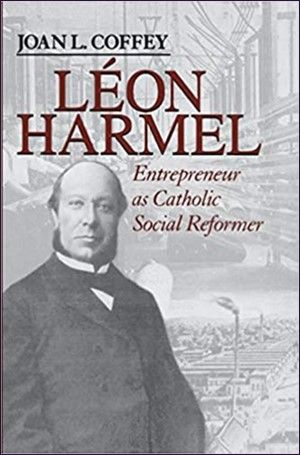

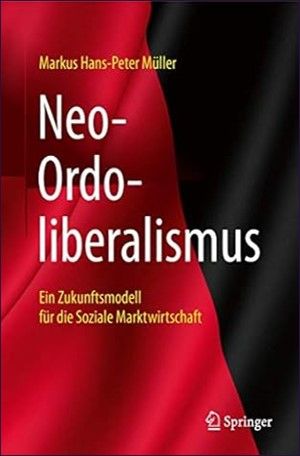
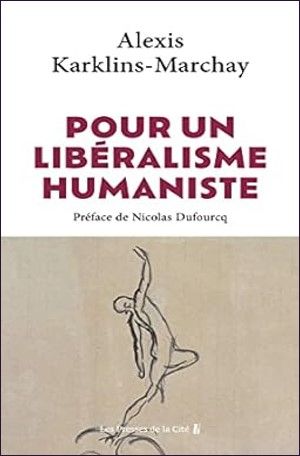


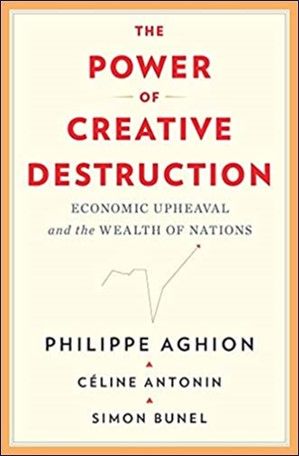
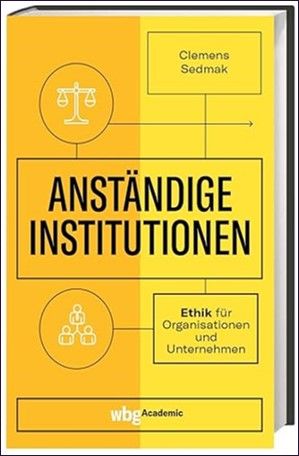
Further explorations about Social Ontology and Institutional Theory


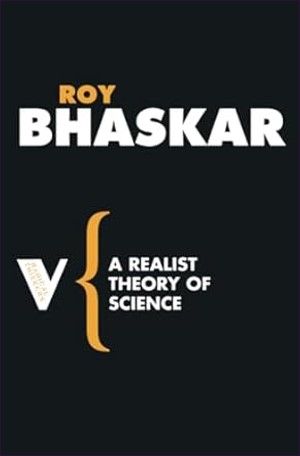


Related blog posts

(10 min read)

Explore all the popular interviews in this section